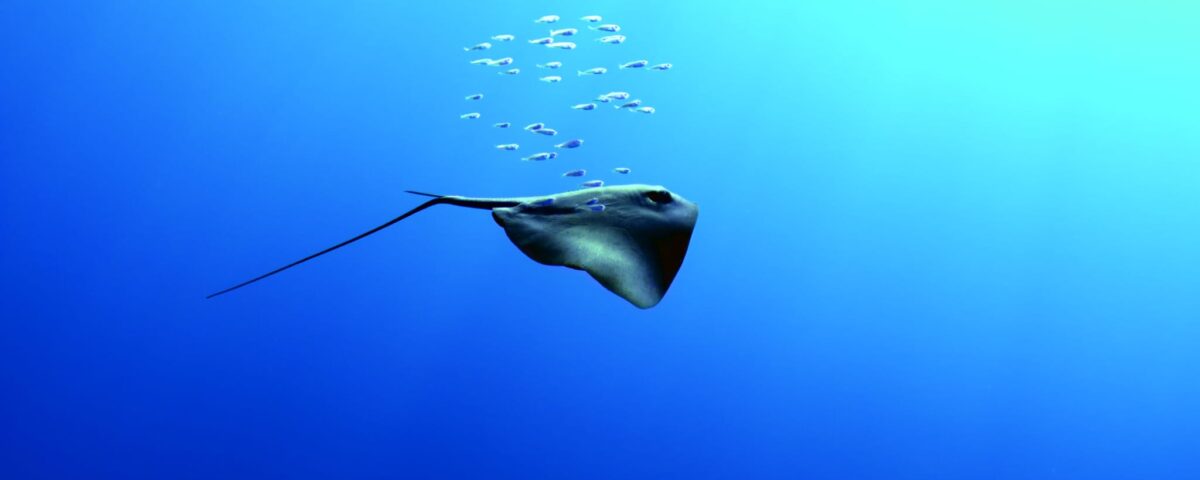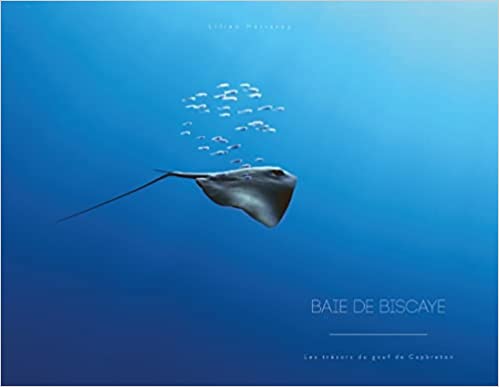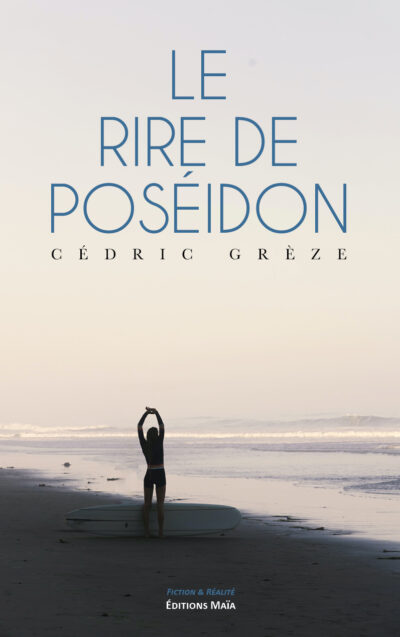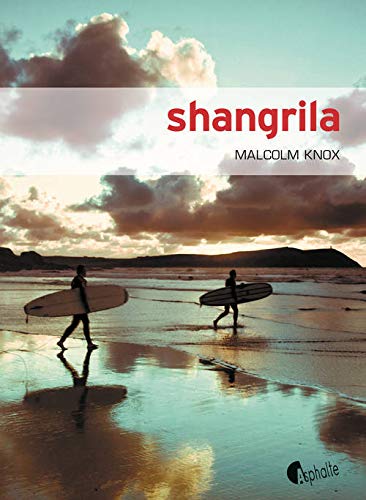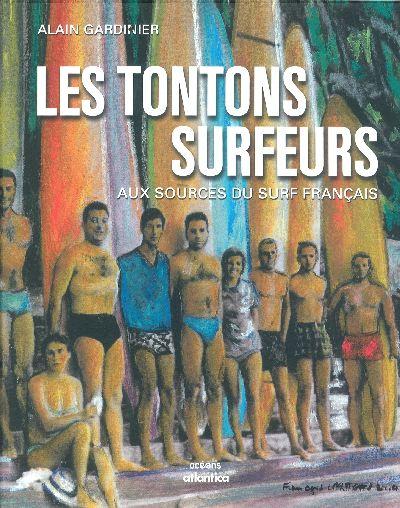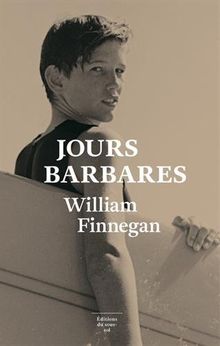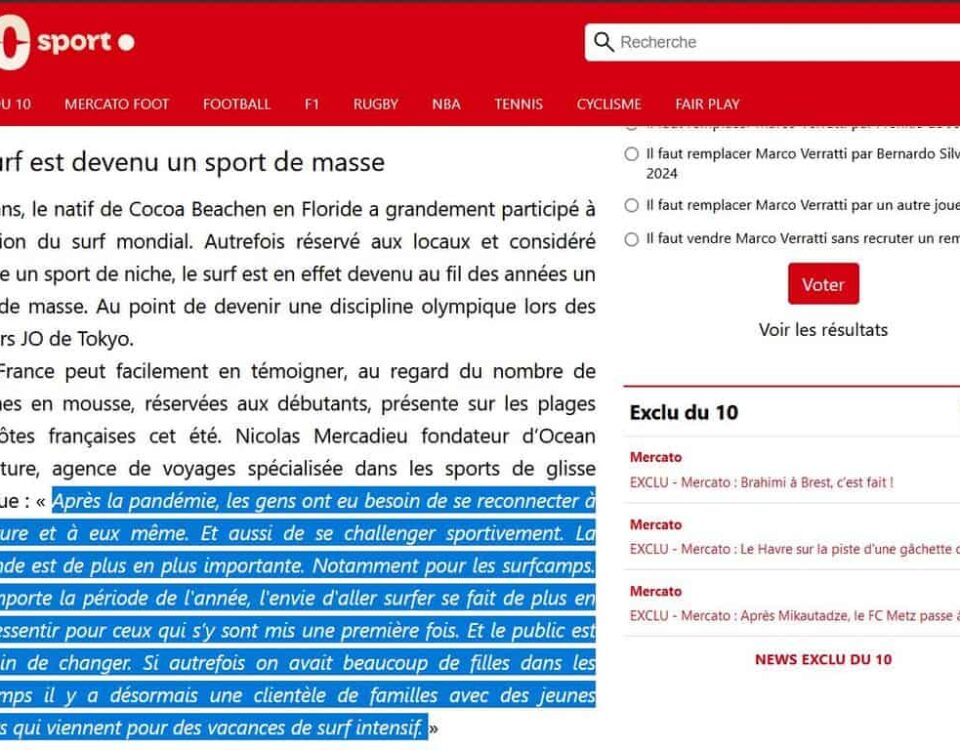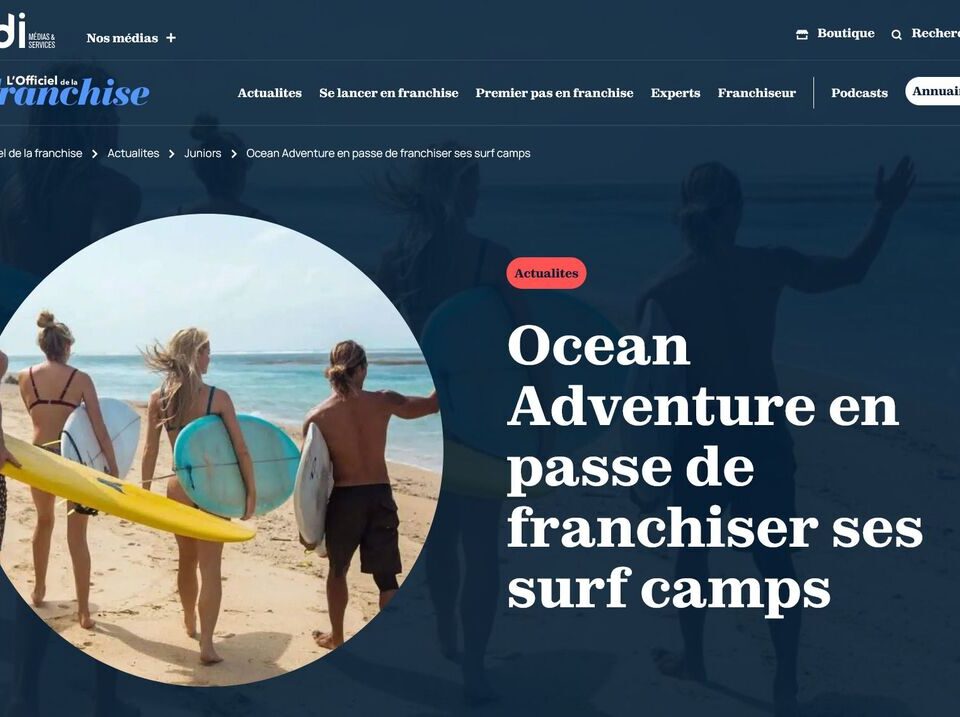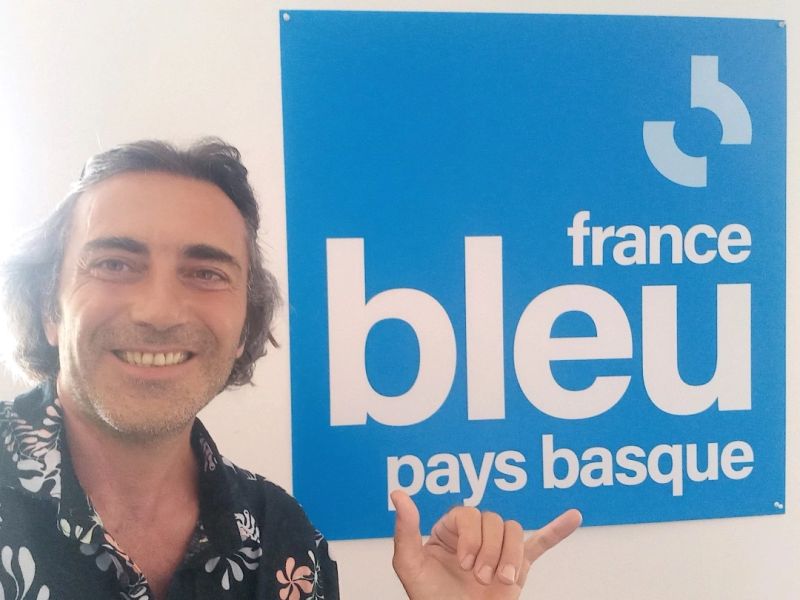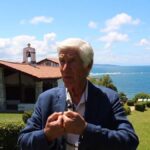
Joel de Rosnay: Why learn to surf?
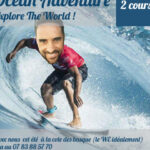
Surf lessons and Surfcamps gift voucher
Reading is a pleasure, just like surfing or writing. Surfing the white sheets of paper is as much fun as riding the waves. The right word and the right wave can’t be improvised. For some it’s a game, for others it’s an art, but the essential thing is always the same: you have to enjoy it and have fun. Here you’ll find a selection of the best surfing books, but they’re not just about surfing: they’re also about passion, adventure and ambition, with a capital A, as well as culture in general and our relationship with the ocean and the waves.
Contenus de la page
Baie de Biscaye, the treasures of the Capbreton bay
Buy here: https://www.lilianharistoy.com/livre
Here Lilian draws a line between art and culture, poetry and science. The photographer paints portraits of small anchovies, large sperm whales, fearsome tunas and friendly pilot whales. The whole family of the Capbreton Gouf and, more generally, of the Bay of Biscay, is profiled in a magnificently illustrated narrative. The alchemy between these creatures has more to do with surrealistic magic than with scientific conclusions that have already been seen!
This look at a world that is both gentle and wild takes us from the surface into the depths of the ocean, but also into our history, our heritage, that of the sailors and their brothers, the fishermen. As the son of a diver and the grandson of fishermen from the Adour (and not freshwater!), this book has enabled me to capture those moments that were, yesterday and today, inaccessible to everyone. Author: Nicolas Mercadieu
In his childhood bedroom, Lilian Haristoy used to read the Cousteau cards. Until he knew them by heart. It was the 1980s. The adventures of the Captain, his red bonnet and the Calypso, which for thirty years had been unearthing the secrets of the underwater world, were still a source of wonder. Alongside the steaming bowl of toast, articles deciphering the behaviour of dolphins, the importance of decompression stops, or the mechanics of wave breaking were the perfect addition to the breakfast of the boy who, in the countryside of Utrecht (64), at the foot of the Pyrenees and with the ocean on the horizon, had quite naturally made nature and the aquatic environment his home.
Le rire de Poséidon
Buy here: https://www.editions-maia.com/livre/le-rire-de-poseidon/
Written in the midst of a pandemic, this story offers a distanced look, from the shore, at the intimacy of a confined daily life, where surfing and the waves become the philosophical resources for fighting against a freedom that has been lost, then rediscovered in jubilation. By reconnecting with the sacred dimension of nature, forgotten for several centuries, Le rire de Poséidon depicts a spiritual quest under Covid-19, an attempt to re-enchant the world through the practice of surfing and the cult of the ocean and the waves.
After a career in high-level surfing (French and European Champion in the 90’s), Cédric Grèze created his surf club in 2000. The two pillars of his existence have always been the ocean and writing. His daily contact with the waves has shaped his vision of life… and his writing draws on this source. He wrote Le rire de Poséidon (Poseidon’s Laughter) during the first confinement, to bear witness to this unprecedented historical period, from the seaside resort of Lacanau-Océan. The ban on surfing and going to the beach, under the watchful eye of the police, led him to reflect on the neurotic relationship that our modern world has with Mother Nature.
Shangrila
Buy and read readers’ reviews here https://www.babelio.com/livres/Knox-Shangrila/960906
Shangrila is a novel about surfing culture and its progressive mediatisation, but also a great book about ambition and celebrity. It is the story of a legendary former Australian surfer, Dennis Keith (DK), who started out in the 1960s, a period considered to be the golden age of the sport, before the emergence of business and the media. DK, 58 years old and weighing 115 kilos, now lives camouflaged behind his Ray-Bans in a retirement village with his old mother, his memories, his obsessive-compulsive disorder and his paranoia. The arrival of a young journalist disrupts his routine: she intends to write his biography to finally shed light on the many grey areas of his mythical career and his past. So DK agrees to plunge back into his former glory, with its succession of championships, his drug addiction, his rivalry with his brother and his murdered girlfriend.
Les tontons surfeurs
Buy here https://www.chasse-aux-livres.fr/prix/2843947219/les-tontons-surfeurs-aux-sources-du-surf-francais
Les Tontons surfeurs – The origins of French surfing. Who was the very first French surfer? Or, more realistically, who was the first to try to ride a wave on one of those funny machines with a centreboard called ‘surfboards’ in the United States? As always, it‘ s a story of courageous, stubborn, resourceful, curious and often lucky men.
It’s an adventure set in and around Biarritz, a story that brings together characters as diverse as Ernest Hemingway and Sosthène Larcebeau, Deborah Kerr and Jo Moraïz, Arnaud de Rosnay and Catherine Deneuve, Darryl Zanuck and Michel Barland.
It was Peter Viertel, scriptwriter for Orson Welles, John Huston and Alfred Hitchcock, who introduced the first ‘real’ surfboard in 1956. Now living in Marbella, Spain, Peter tells us about the early days and how his board introduced all the local sportsmen to the sport of the Hawaiian kings, known today as the ‘tontons surfers’: Georges Hennebutte, Michel Barland, Henri Etchepare, Jacky Rott, Jean Brana, Bruno Reinhardt, Pierre Laharrague, Joël de Rosnay, Jo Moraïz, André Plumcocq, Claude Durcudoy, Paul Pondepeyre, Robert Bergeruc. .. Michel Barland and Jacky Rott were the first to make them, but their methods and resources were more than empirical! At the time, there were only around fifteen surfers on the Basque coast and as many boards.
In 1959, under the impetus of Peruvian billionaire playboy Carlos Dogny, the Waikiki Surf Club was created on the Côte des Basques. Then came the first surf trips, like the one Moraïz and Rott experienced in 1962 when they took part in the international championships in Peru. The first French and European championships were organised, the Biarritz Surf Club and the Surf Club de France were born, and the first foreigners discovered the superb French waves. The locals on the Côte des Basques were driving Cadillacs, Jo Moraïz opened the first surf shop and the first surf school…
Discovering surf spots, meeting new people, travelling and enjoying great moments of camaraderie punctuated these unique sixties, which ended with the arrival of long hair, rock and drugs. These funny and intense years are told to us by those who lived them: the “tontons surfeurs”, but also the next generation of François Lartigau, René Bégué, Michel Colas… Each of them has opened their drawers to unearth previously unpublished photos and documents to illustrate each chapter. ‘Les Tontons surfeurs’ is an original account of a highly original era!
Jours barbares
Buy here: https://www.librairie-gallimard.com/livre/9782757871317-jours-barbares-william-finnegan/
In retracing his life as a surfer, William Finnegan depicts a formidable human epic carried out against the current. When all the answers are in the ocean. With the prestigious 2016 Pulitzer Prize in the memoir/autobiography category under its belt, ‘Barbarian Days’ by William Finnegan (New York, 1952) arrives on booksellers’ shelves.
Whatever activity an addict is about to embark on, he always asks himself the same questions: will he be able to get his drugs? When will he be able to take it? “Addicted” to the waves for more than five decades, William Finnegan, 65, asks himself the same questions every day: will his schedule and the weather be compatible with a surf session? With each report, this New Yorker writer asks himself whether the area he is about to fly to is suitable for practising his vice. This is why he wrote Jours barbares, which retraces his life through the prism of this obsession, and won him the Pulitzer Prize. This is the author’s memoir of an addict. The confessions, not of an English opium eater, but of an American wave addict.

